When can we walk the Camino de Santiago following the Covid-19 pandemic?
This is a question on many people’s mind, especially ours. To be able to answer this, we first need to understand Spain’s progress in coping with Covid-19 and their plan to reopen to a “new normal”. We will do our best to explain what is a difficult and fluctuating process:
The Spanish Prime Minister declared a state of emergency on the 14th of March, ordering all people in the country to stay at home. Residents were prevented from leaving their homes except for essential reasons – buying food or medical supplies, and travelling to/from hospital or work. At the end of March, due to the rise in Covid-19 cases, these measures increased and Spain mandated all non-essential workers to their homes.
On the 28th of April, Spain announced a transition plan consisting of 4 phases to reopen the country following the Covid-19 pandemic. Within this plan are 4 stages that will gradually begin to reintegrate the country. Each phase is allocated a 2-week time frame – the incubation time period of the Covid-19 virus.
Introduction of the subsequent phase could possibly be delayed based on the previous phase and if it caused an increase in Covid-19 cases. Each region, will in fact, work independently of one another based on their own Covid-19 statistics. This means different regions could open at different rates. So for instance, in Madrid (where the cases are significantly higher than the rest of the country) the reopening could be slightly delayed behind less affected areas, such as Galicia – where Santiago de Compostela is located and where you finish the Camino de Santiago. Furthermore, provinces within those larger regions could also move at different paces based on progress.
On the 17th of May, an order was made by the Ministry of Health requiring face masks to be worn be anyone over the age of six in enclosed spaces and public areas where it is impossible to maintain six feet of social distance.
Before we get into how Spain is advancing and what Regions are in what Phase, we will break down the 4 phases of the Covid-19 de-escalation, or “desescalada” plan.
Covid-19 De-escalation Plan
Phase Zero – Preparation Phase
Phase Zero started nationwide on the 4th of May and was required to last for a minimum of one week. However, Phase Zero lasted 2 weeks for some areas, including Barcelona and Madrid.
- Children and adults are allowed out for daily walks and exercise. Depending on your age, you are allowed to be out at certain times of the day.
- Only one person (the driver) can travel to buy essential products such as food, medicine or petrol – only permissible in your own municipality.
- Schools across Spain were officially closed until September 2020.
- Commercial stores could open if they have less than 400 square meters and only at a 30% capacity. These stores must prioritise a shopping time for people over 65 years of age.
- Small businesses could open by appointment only.
- Restaurants could cater for take-away only.
- Possible restart of building renovations.
- Training could resume for professional athletes.
- Compulsory face masks to be worn at all times on all public transport.
- On public transport, only half of the seats could be utilised and a maximum of 2 standing riders per square meter.
Phase One – Initial Phase – started 11th May
- Up to 10 people can gather, either outside or in someone’s home but social distancing measures must be respected for people who do not live together.
- People in the same household can travel together in a private vehicle to visit those places opened during Phase Zero, only in your province.
- Small businesses can open and serve customers, as long as health and social distancing measures are in place.
- Restaurants, bars and cafés can only open the outside terraces at 50% capacity.
- Hotels and tourist accommodation can open, but communal areas must remain closed.
- Churches and places of worship can open at 30% capacity.
- Sports and leisure activities are allowed if they do not have physical contact or use changing facilities.
- Citizens must not travel from province to province, but travel within a province or healthcare zone is allowed.
- Outdoor markets can operate but stalls must be spaced out accordingly.
- Cultural events for no more than 30 people can be held indoors at 30% capacity.
- Cultural events up to 200 people can be held outdoors.
- Museums can open at 30% capacity.
- Funerals can be held with small numbers.
- Timetables for taking walks and doing physical exercise remain in place.
- Rural tourism, such as long distance walking is permitted, yet is limited and with the same social distancing measures for people who do not live together.
- It is still compulsory to wear face masks on all public transport in Spain.
- It remains recommended that people continue to work from home if possible.
Phase Two – Intermediate Phase – expected to start 25th May
- Restaurants (those without terraces), theatres and cinemas to reopen with limitations. Restaurants are permitted 30% capacity and with table service only. Cinemas and theatres will also only be allowed 30% capacity.
- Outdoor cultural events to be held with a maximum of 400 people. Cultural gatherings indoors to be be held with a maximum of 50 people. All with social distancing measures in place.
- Historic visitor attractions and monuments to reopen with 30% capacity with pre-arranged group or guided visits only.
- Rural tourism could also be further relaxed during this phase.
- Some schools and institutions may be able to open to host events and activities with students dependant upon the progress of each region. These activities could include allowing students to complete their university entrance exams, as well as allowing children under the age of six to go to school if parents have to go to work and they do not have childcare. These groups to be limited to a maximum of 15 students.
Phase Three – Advanced Phase – expected to start 10th June
- Possibly, more flexible movement for citizens/residents of Spain.
- The use of face masks to remain recommended for all citizens.
- Establishments that had been allowed to open with a 30% capacity can now increase to 50% capacity.
- Retail shops to be allowed to reopen at 50% capacity.
- Outdoor cultural events to be held with a maximum of 800 people
- Concert halls and other venues to be allowed to reopen at 30% capacity.
- Rural tourism and coastal walks could be further relaxed.
- Beaches to reopen for swimming and sunbathing depending on the region’s progress, with social distancing measures still in place.
At the end of Phase Three, a “New Normal” in Spain is expected from the 25th of June.
In Spain, most of the country has moved from Phase 0 to Phase 1. However, not all areas have done so. Below is a breakdown by region throughout Spain.
Progress of Covid-19 De-escalation Plan by Region
Galicia
All of the 4 provinces of Galicia (Lugo, La Coruna, Ourense and Pontevedra) moved to Phase One on the 11th of May.
Castilla y León
Due to the amount of provinces and the size, Castilla y León has decided to assess and decide in smaller, more intimate healthcare zones. All areas moved to Phase One by the 18th of May.
Madrid
Madrid is currently in Phase Zero and was by far, the worse affected area. They expect to move to Phase One on the 25th of May.
Catalonia
The low-risk areas moved to Phase One on the 11th of May, whilst the city of Barcelona remains in Phase Zero but have opened the beaches to the public for walking and exercise, only from 6-10 AM.
Basque Country
The entire area moved to Phase One on the 11th of May.
Asturias
Asturias is a ‘one province region’. It moved to Phase One on the 11th of May.
Navarra
Navarra is a ‘one province region’. It moved to Phase One on the 11th of May.
Cantabria
Cantabria is a ‘one province region’. It moved to Phase One on the 11th of May.
La Rioja
La Rioja moved to Phase One on the 11th of May.
Andalusia
All of the area has moved to Phase One either on the 11th or the 18th May. The region has requested that beaches be open sooner for swimming and sunbathing as this currently is part of Phase 3. The local governor has asked for permission to allow this to happen in Phase Two.
Valencia
All of the 3 provinces in Valencia moved to Phase One on the 18th May.
Castilla La Mancha
All provinces moved to Phase One either on the 11th of May or the 18th of May.
Canary Islands
The Canary Islands has two provinces – Las Palmas and Santa Cruz de Tenerife. All provinces moved to Phase One either on the 11th of May or the 18th of May.
Murcia
Murcia is one region and it moved to Phase One on the 11th of May.
Aragón
All provinces of Aragón moved to Phase One on the 11th of May.
Balearic Islands
The island of Formentera moved to Phase Two on the 18th of May. Mallorca, Ibiza and Menorca moved to Phase One on the 11th of May.
Extremadura
This entire region moved to Phase One on the 11th of May.
Ceuta and Melilla
This region moved to Phase One on the 11th of May.
Covid-19 travel restrictions & 14-day quarantine for international travellers
Spain has extended the ban on entry to the country from people outside the European Union (EU) and the Schengen area until the 15th of June. All nationals of countries outside the EU or the Schengen Area will not be allowed entry, except for those with a long-term visa. Exemption to this are cross-border workers, on-duty health workers, cargo drivers, transport crew and diplomats.
Spain has imposed a 14 day quarantine for everyone entering the borders. This precaution will last until the end of the Covid-19 ‘state of alarm.’ The Spanish Congress has voted to extend the current ‘state of alarm’ in Spain until the 7th of June. However, it has been suggested that the Spanish Prime Minister plans to extend this to the 23rd of June.
The Camino de Santiago
So what does this mean for the Camino de Santiago during the Covid-19 pandemic? It seems that by July, if the reopening plan goes well, we could have international pilgrims walking The Way to Santiago de Compostela. This, of course, would be in conjunction with ongoing safety plans to ensure social distancing within restaurants, hotels and albergues. The country is continuing to address safety plans for tourism as it is crucial to the Spanish economy. As the plans are dependent on the ongoing progress, it is hard to predict the exact date of when we can resume this “new normal.” However, we feel reassured based on the Spanish government’s commitment to safety, that our return to the Camino de Santiago will be safe when we are allowed to do so.
We will do our best to keep you updated with any news. We still have our fully-guided trips planned for September/October 2020 at this time. We also have all of our trip dates for 2021, the Holy Year, on our website if you want to start planning your Camino de Santiago with us! We know if we are all a little more patient, we will be back on the Camino de Santiago soon. And we think it will mean so much more after this challenging time!


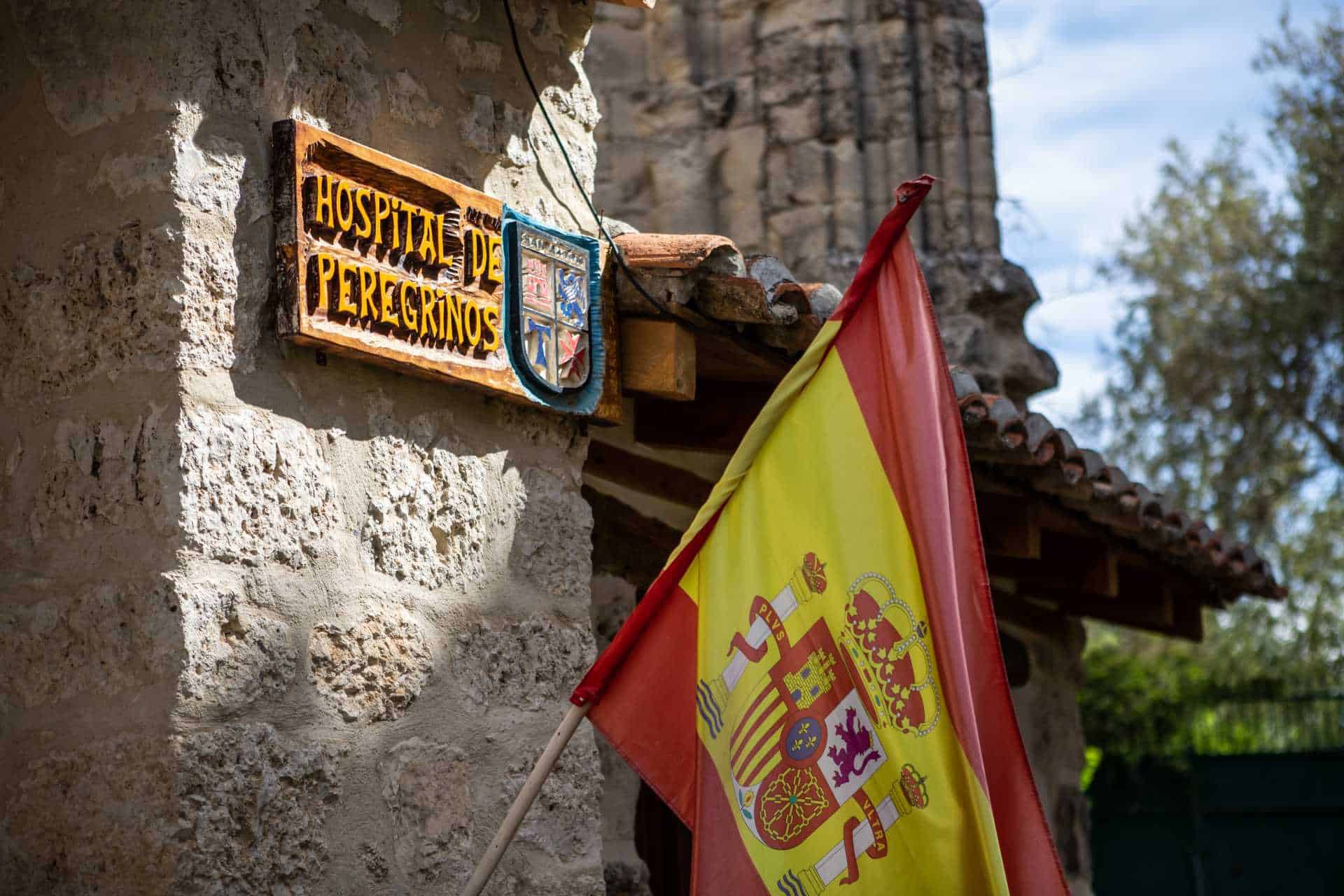
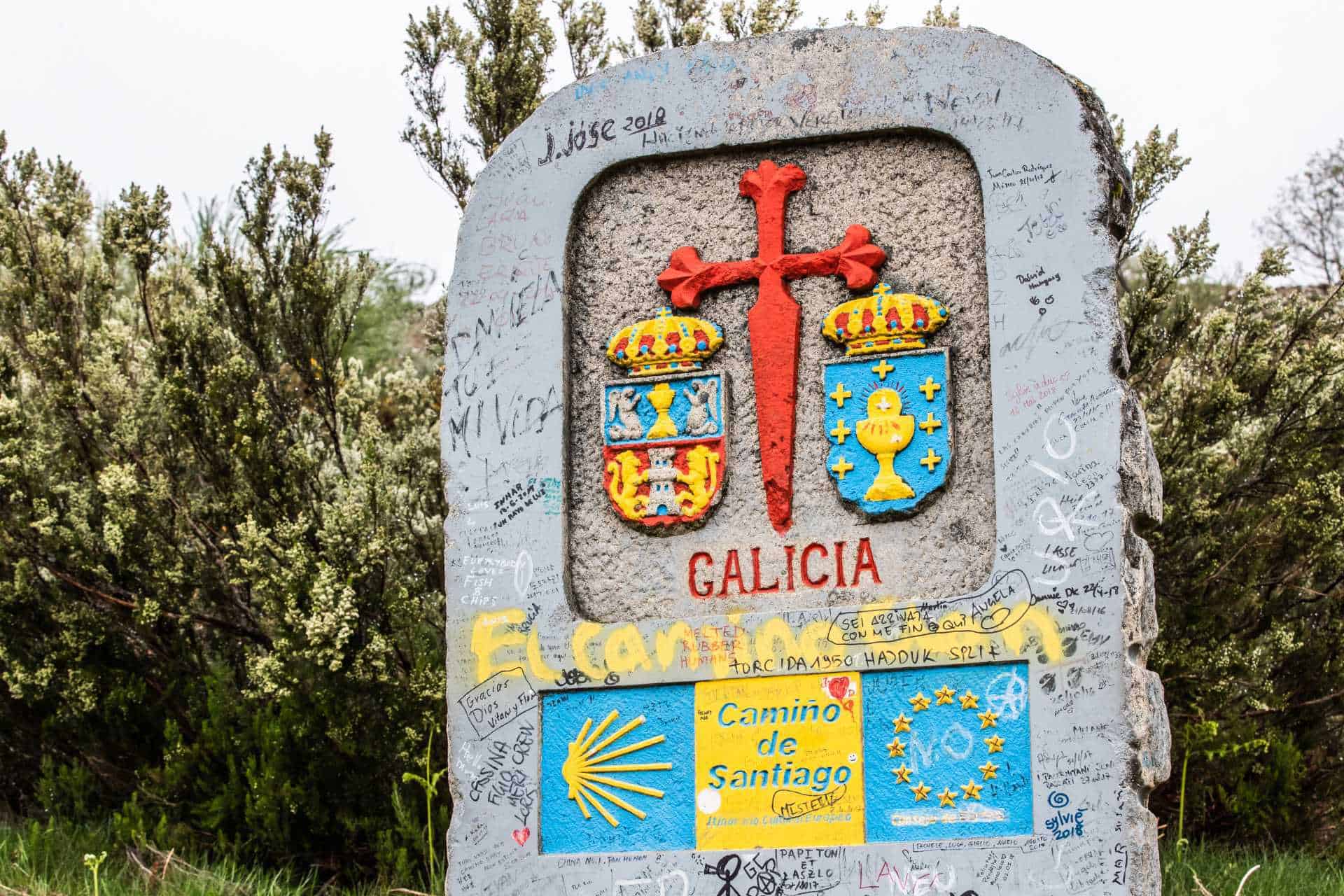
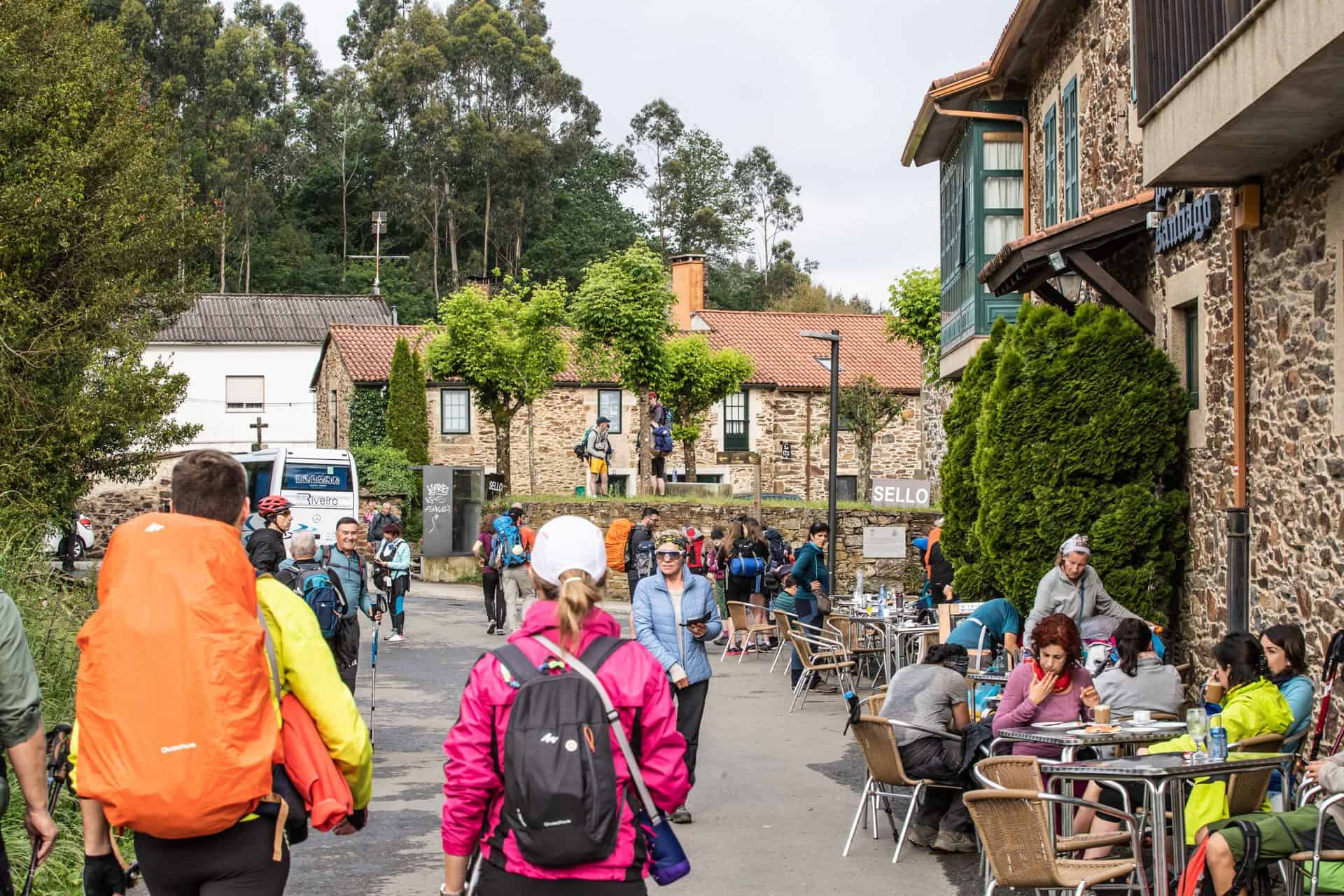
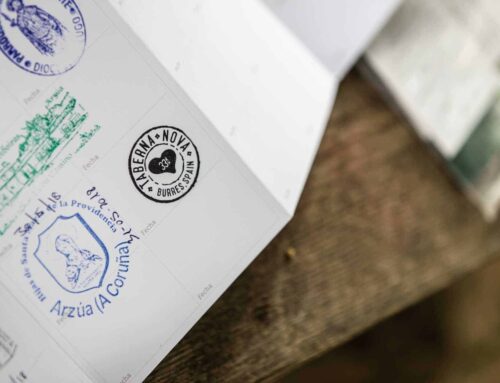
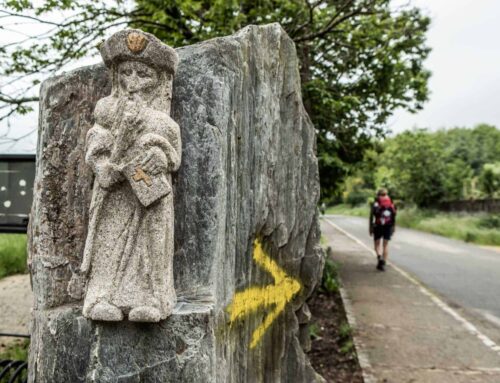
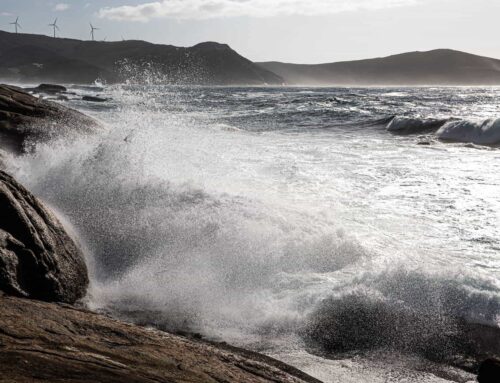
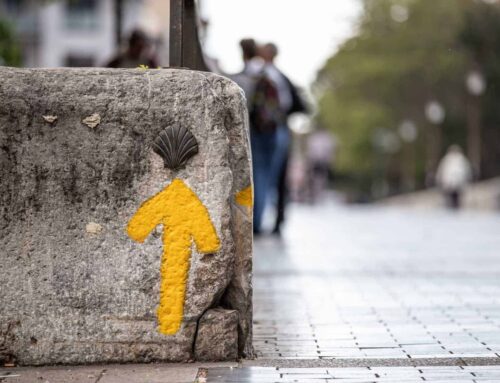
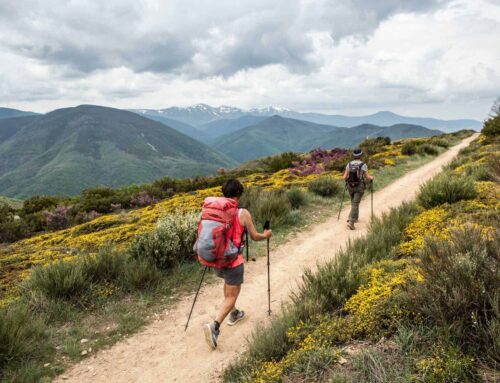
Hi Ashleigh many thanks for your well written and very informative article. We have been keeping well abreast of how things are going in Spain, given our Spanish connections, and your commentary is excellent. Let’s all hope that we continue to progress towards opening things up again safely. Love to you all from Helen & Phil
Thank you! It all can be confusing as it is uncharted territory and changes so much. Let’s hope we can all get back to the Camino soon! Stay safe you two. Hope to see you soon. 😁
Thank you! Excellent and concise article on what is happening in Spain and plans going forward to “new normal” –I’m holding out hope for my Camino del Norte walk in September and a safe opening for all.
Your welcome! Let’s hope we can all be walking in September!
Thank you Ash, very concise and easy to understand. Unfortunately or fortunately depending on which way you look at it our Government has banned all international flights in and out of Australia, Gwen and I are thinking of doing The Portuguese next year all depending on if you guys are running one in May June. Thank you again for the great update 👣👣👣xxx
Glad it helped Gail! We are glad you all are staying safe! We are definitely looking at expanding our shorter Portuguese Tour in June 2021 to a longer one. Will let you all know ASAP! 😁